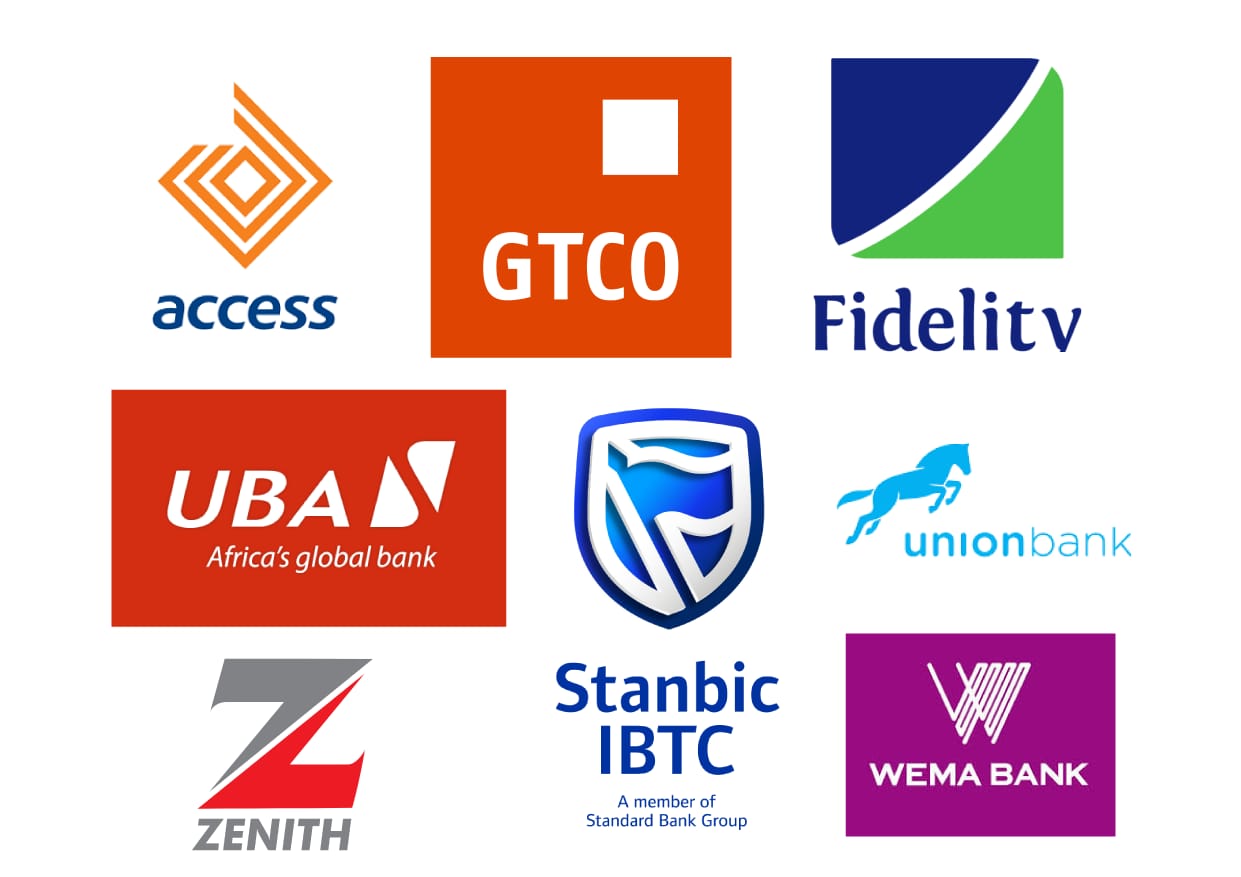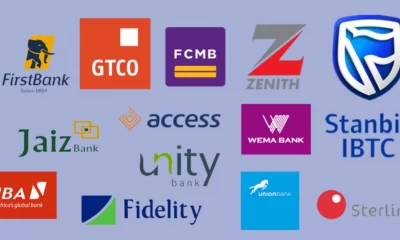Financial Analyst Mr. Ayokunle Olubunmi has highlighted several factors that may influence the performances of Nigerian banks in 2024.
Olubunmi, who is the Head of Financial Institutions Ratings at Agusto and Co noted that several factors including policy changes, economic conditions, and technological advancements will influence the Banking Sector’s performance in 2024.
According to him, predicting the exact outcome is difficult due to the dynamic interplay of these elements, noting that those who would proactively address the challenges and capitalize on the opportunities presented by these factors would likely emerge stronger and more successful.
This, he said, requires flexibility, innovation, and a clear understanding of the shifting landscape.
He outlined some of the themes that could impact the Nigerian banking sector in 2024 to be a more accommodating Central Bank, hawkish monetary policy, reform of the foreign exchange market, lower FX gains, and muted International Trade, among others.
He also said that expanding Nigerian banks abroad could diversify risk but face new challenges.
He also noted that strengthening banks’ capital base could improve stability and lending capacity.
READ ALSO: Zenith bank leads as NGX Banking index showcases remarkable growth
Olubunmi said that consolidation could create larger, more efficient banks but potentially reduce competition adding that issuing new licenses could increase competition and innovation, but potentially fragment the market.
He also said that a shake-up in the merchant banking segment could create opportunities for some banks and challenges for others.
He said that reform of the cash reserve requirement when modified could affect banks’ liquidity and profitability. He also said that enforcing loan-to-deposit ratio compliance could drive credit expansion but raise concerns about credit quality.
On the Basel III transition, the analyst said that implementing stricter capital adequacy rules could improve financial stability but raise compliance costs.
Olubunmi, however, cautioned that the current economic slowdown may result in a surge in loan defaults, potentially impacting banks’ earnings in 2024.
He also highlighted the looming threat of competition from non-bank entities in the realm of digital payments, signaling a need for banks to brace themselves for intensified challenges in the market.

 Health & Fitness4 days ago
Health & Fitness4 days ago
 Aviation6 days ago
Aviation6 days ago
 Featured1 week ago
Featured1 week ago
 Aviation5 days ago
Aviation5 days ago
 Aviation5 days ago
Aviation5 days ago
 Aviation5 days ago
Aviation5 days ago
 Aviation4 days ago
Aviation4 days ago
 News1 week ago
News1 week ago













